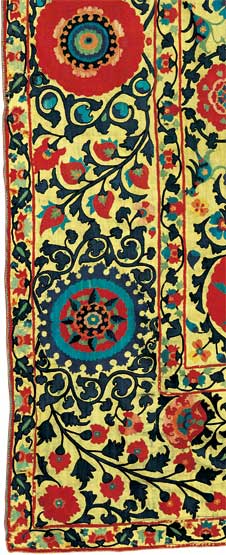Holism and wellness

The term “Holism” is derived from the Greek root ‘Holos’ meaning a ‘whole view’. This is the view that Whitehead has expressed - we in the world and the world in us! Such a whole view of harmony, oneself and the world as a continuum, leads to wholesomeness or a wellness of being. The reductionist science considers the human being merely as a machine- a product of DNA. On the other hand, Ayurveda has a holistic vision of the human nature, a composite of the body, mind and soul. This microcosm has a live and dynamic harmony with the macrocosm of the universe. In holism, such harmony translates into good health and discord translates into disease. It is by being awakened to the holistic way of life that wellness springs forth in day-to-day life.
In practical terms, how does such wellness emerge form holism? How does one practice a life style to enjoy the harmony of mental and physical health? In what manner can Ayurveda become a way of life?
Firstly, Ayurveda has a realistic classification of the constitution (Prakruti). Just as one has to know one’s own blood group, in the same way one’s prakruti – vata, kapha, pitta or combinations should be ascertained. This provides a holistic profile of one’s body-mind. This helps in the appropriate choice of foods, environment, activities, etc. For example, a person with a dominant pitta prakruti has to avoid spicy, salty and sour foods lest she develops acidity and pitta disorders. Similarly a pitta person should avoid too much exposure to the sun or heat. And, as seasons influence health through bio-rhythms, one has to follow seasonal diet as per one’s prakruti.
Secondly, there are individualized descriptions of daily life-style in Ayurveda, called Dina-charya. These regimes take care of mental as well as physical health as per prakruti or seasons, creating wellness and resisting illnesses. Holism advises that you take charge of yourself. Health is a responsibility not only a right. Regular balanced meals, adequate exercise and proper sleep are part of this holistic approach to one’s wellness. If one were to neglect these, one would risk illness.
Lastly, stress in the holistic world-view is both external and internal. Many psychosomatic and somatic disorders are known to ensue from stress-induced disharmony. In Ayurveda, daily or intermittent stress-relieving modalities are widely used. These include special diet, Shirodhara (Head-drip), Abhayanga (Ayurvedic Massage), Meditation, etc. Such total body care leads to an increased capacity to adapt to stress. Self-restraint rather than self-indulgence reinforces wellness. Ayurveda with this approach becomes a healthy way of life rather than merely an alternative system of medicine.